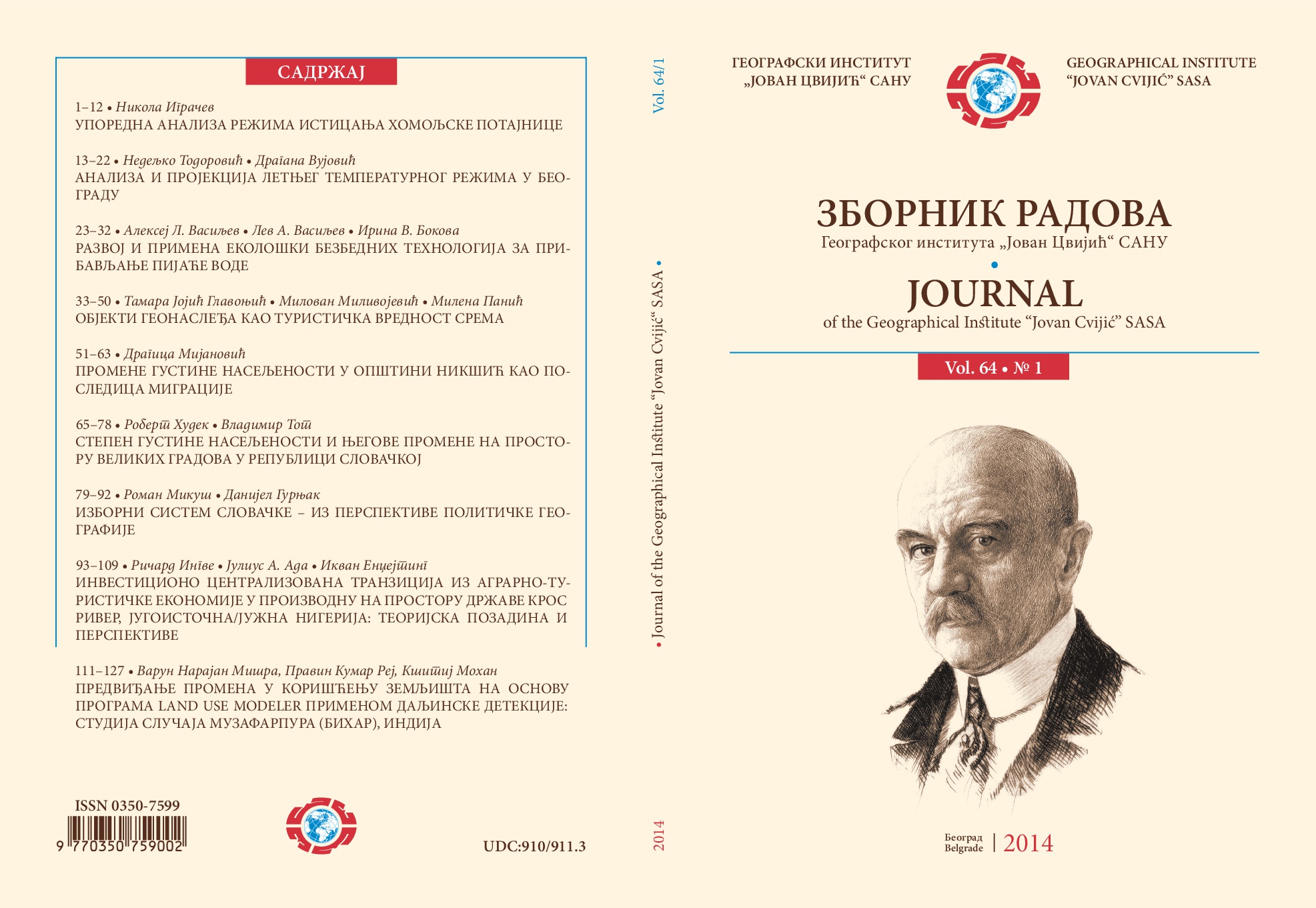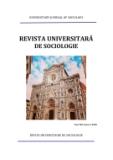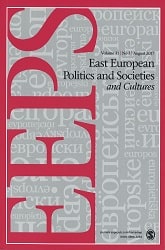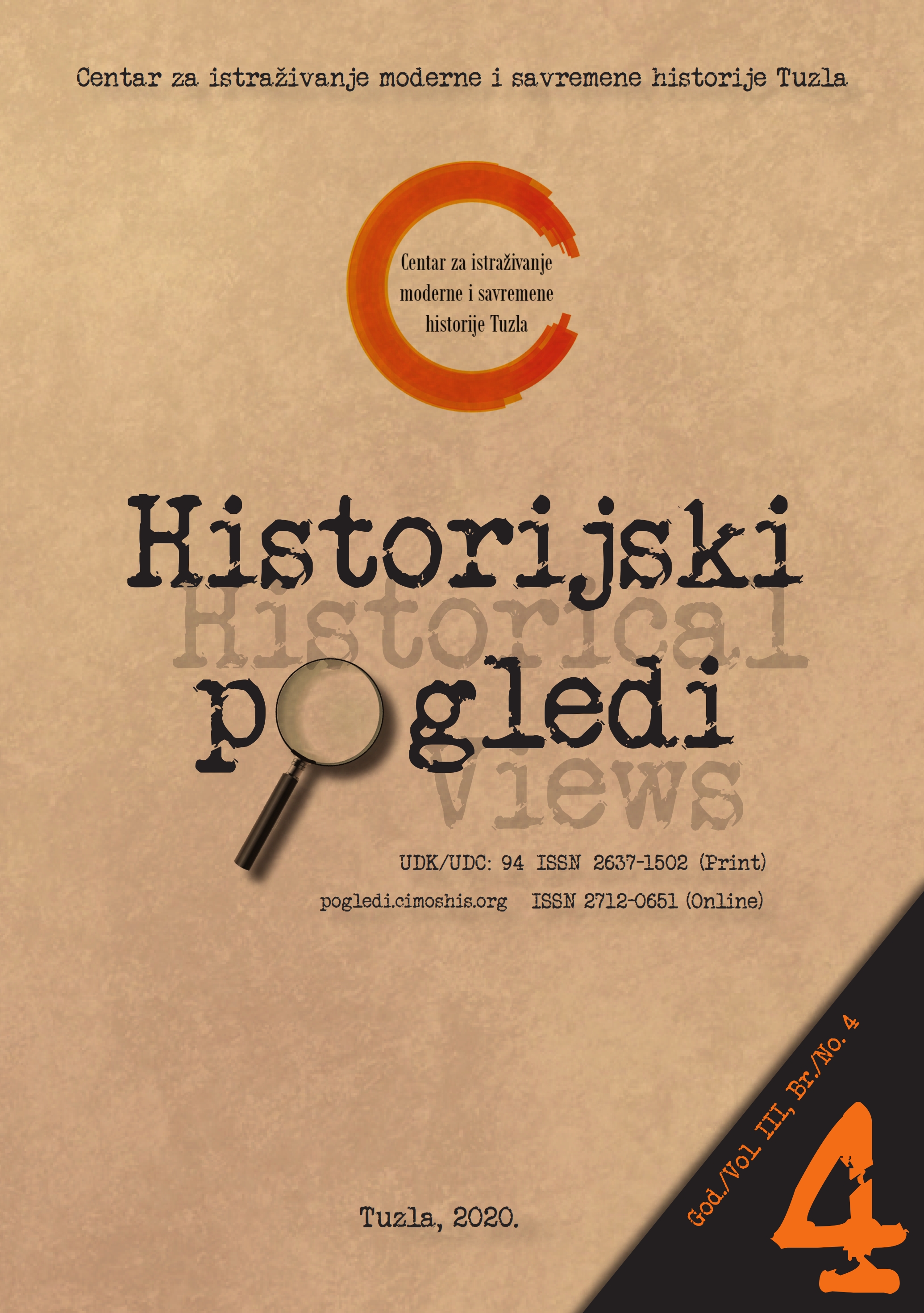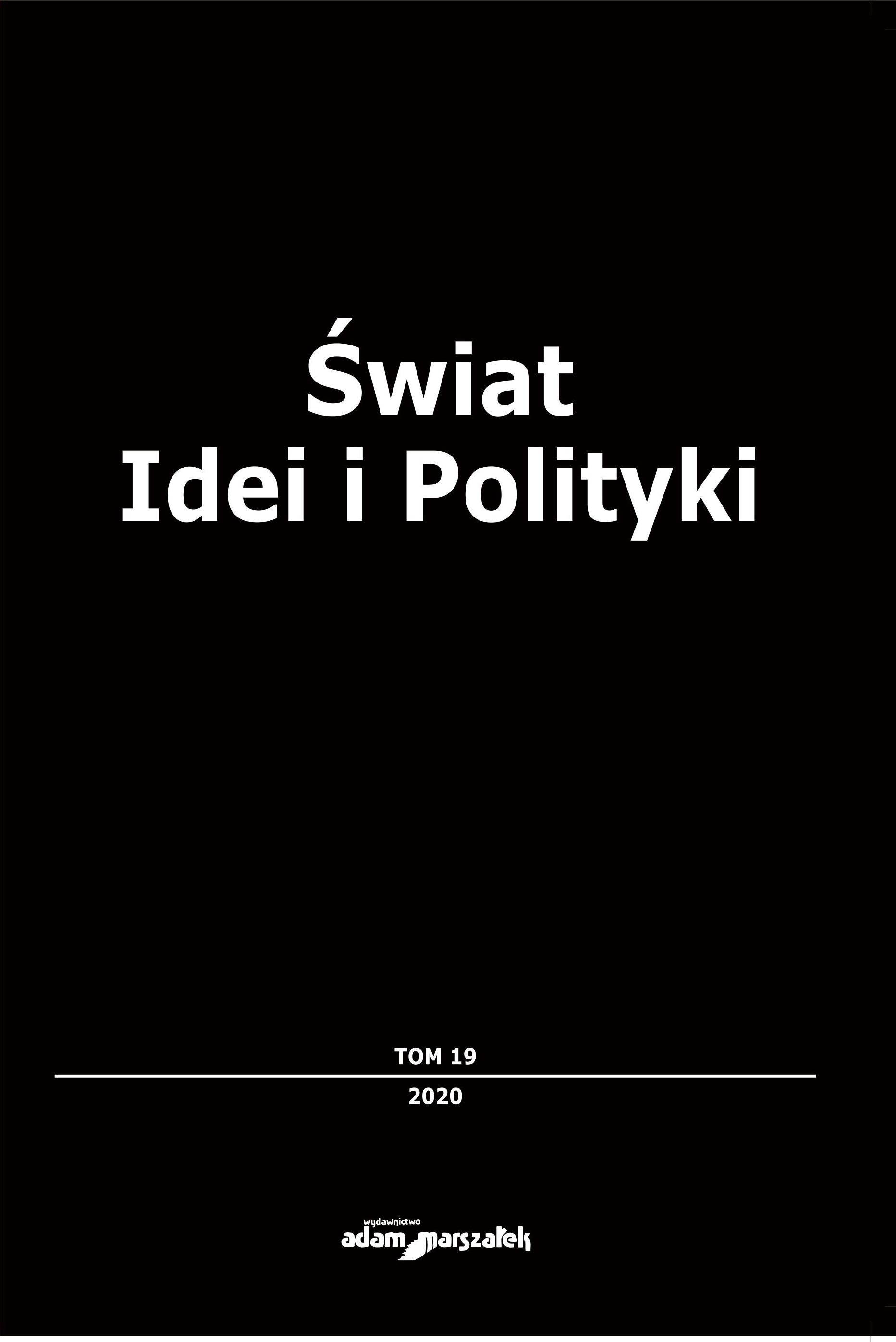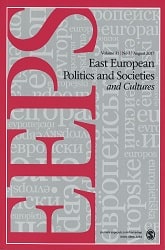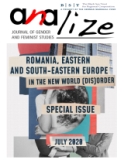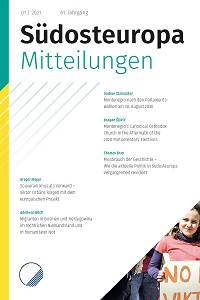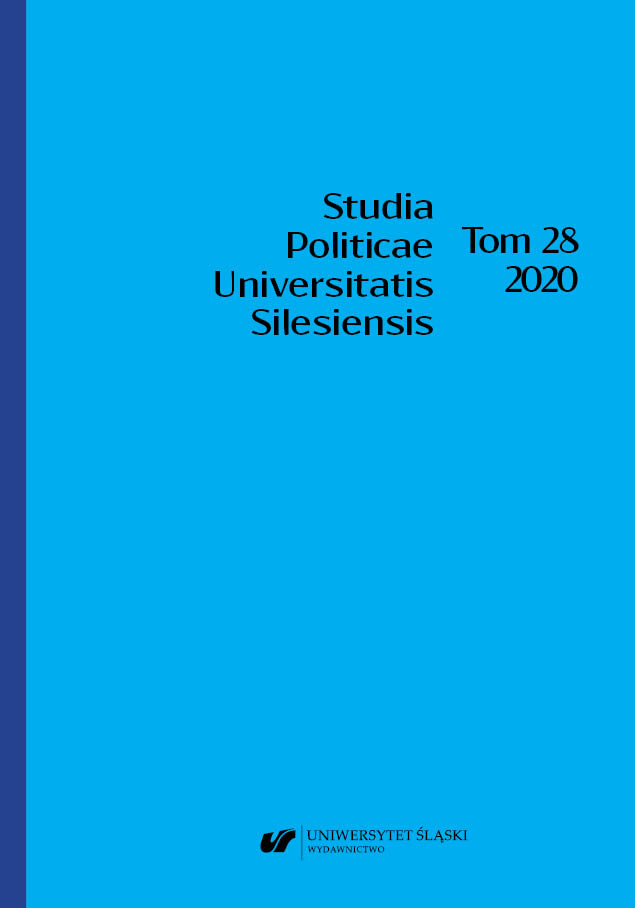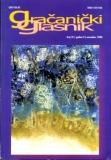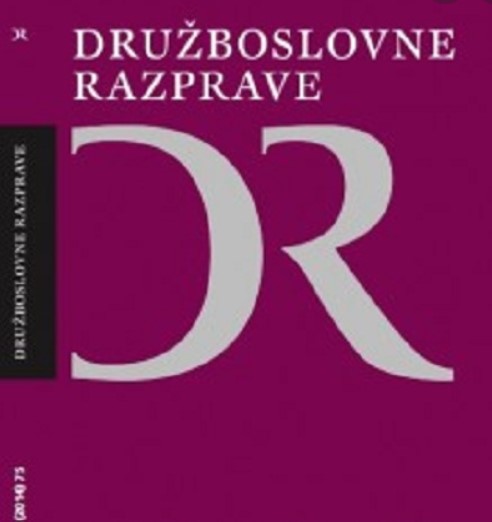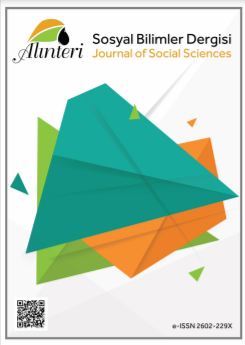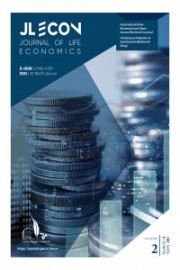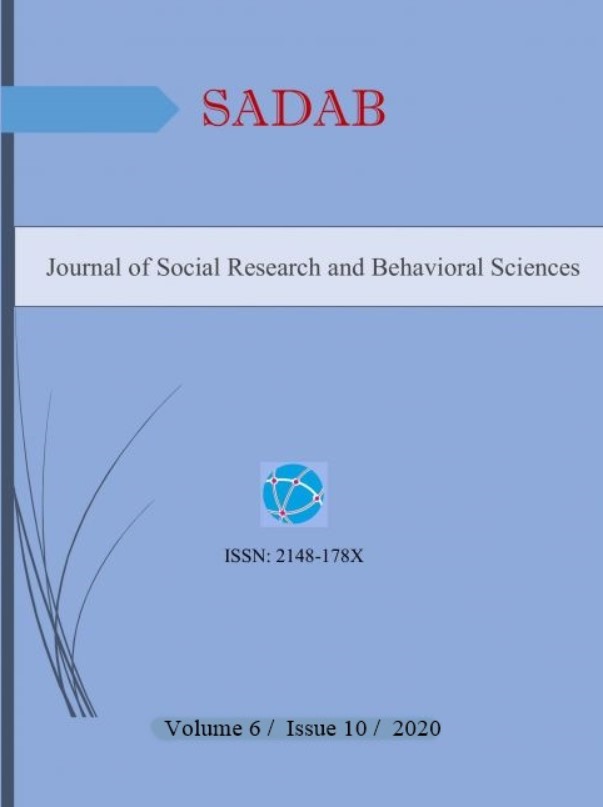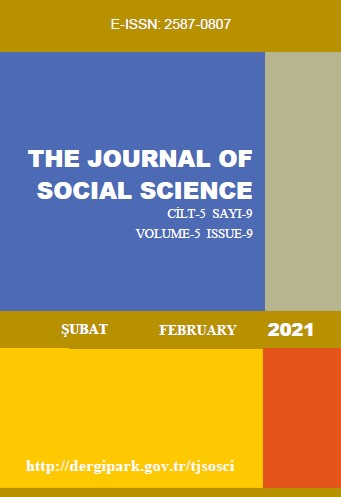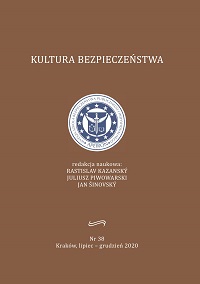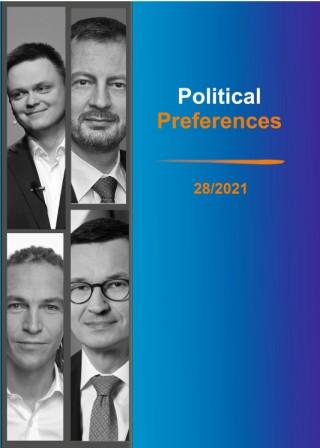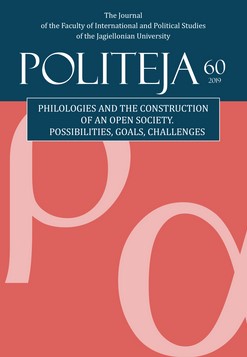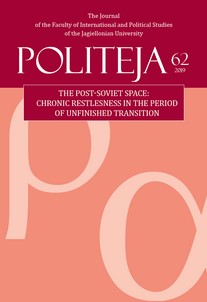Author(s): Amir Ahmetović / Language(s): Bosnian
Issue: 4/2020
Based on the available literature, social division is defined as a measure that separates community members into groups. When it comes to Bosnia and Herzegovina and its population who spoke the same language and shared the same territory, the confessional (millet) division from the time of Turkish rule, as a fundamental social fact on the basis of which the Serbian and Croatian national identity of the Bosnian Catholic and the Orthodox population remained in Bosnia and Herzegovina even after the departure of the Austro-Hungarian administration in 1918. Historical confessional and ethnic divisions that developed in the Ottoman and Austro-Hungarian periods became the key and only basis for political and party gatherings and are important for today's Bosnia and Herzegovina segmented society. The paper attempts to examine the applicability of the analytical framework (theory) of Lipset and Rokan (formulated in the 1960s) on social divisions in the case of the elections in Bosnia and Herzegovina for the Constituent Assembly of the Kingdom of Slovenes, Croats and Serbs in 1920? Elements for the answer can be offered by the analysis of the relationship between the ethno-confessional affiliation of citizens, on the one hand, party affiliation, on the other and their acceptance of certain political attitudes and values on the third side. If there is a significant interrelation, it could be concluded that at least indirectly the lines of social divisions condition the party-political division. The political system, of course, is not just a simple reflex of social divisions. One should first try to find the answer to the initial questions: what are the key lines of social divisions? How do they overlap and intersect? How and under what conditions does the transformation of social divisions into a party system take place? The previously stated social divisions passed through the filter of political entrepreneurs and returned as a political offer in which the specific interests and motives of (ethnic) political entrepreneurs were included and incorporated. After the end of the First World War, ethnic, confessional and cultural divisions were (and still are) very present in Bosnia and Herzegovina. The key lines of division in the ethnic, confessional and cultural spheres, their development and predominantly multipolar (four-polar) character through changes in the forms and breadth of interest and political organization have influenced political options (divisions) and further complicating and strengthening B&H political splits. The concept of cleavage is a mediating concept between the concept of social stratification and its impact on political grouping and political institutions and the political concept that emphasizes the reciprocal influence of political institutions and decisions on changes in social structure. Thanks to political mobilization in ethno-confessional, cultural and class divisions, then the "history of collective memory" and inherited ethno-confessional conflicts, mass political party movements were formed very quickly in Bosnia and Herzegovina as an integral part of the Kingdom of Slovenes, Croats and Serbs ( Yugoslav Muslim organization, Communist Party of Yugoslavia, Yugoslav Democratic Party, Croatian Farmers' Party, Croatian People's Party, Farmers' Union, People's Radical Party ...). The lines of social divisions overlap with ethnic divisions (Yugoslav Muslim Organization, Croatian Farmers' Party, Croatian People's Party, Farmers' Union, People's Radical Party ...) but also intersect them so that several ethnic groups can coexist within the same party-political framework (Communist Party of Yugoslavia). The significant, even crucial influence of party affiliation and identification on the adoption of certain attitudes speaks of the strong feedback of the parties and even of some kind of created party identity. The paper discusses the first elections in Bosnia and Herzegovina organized during the Kingdom of SCS and the formation of Bosnia and Herzegovina's political spectrum on the basic lines of social divisions.
More...
